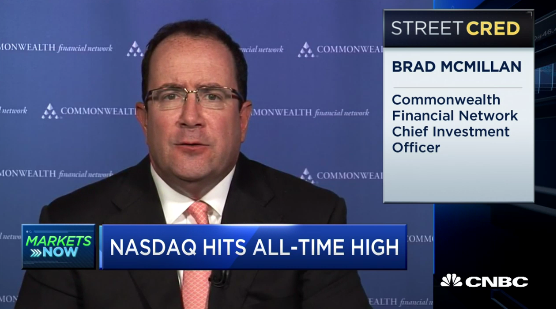One of the ways I am trying to control my screen-induced ADD is by making myself sit down and read more. It has been surprisingly difficult, as I have apparently largely lost my ability to sit down and concentrate on a book for a period of time. Now that I think of it, this is something that may have been due more to my small son than to screens. In any event, now that he is old enough that we can sit and read together, I am making the effort to relearn concentration.














